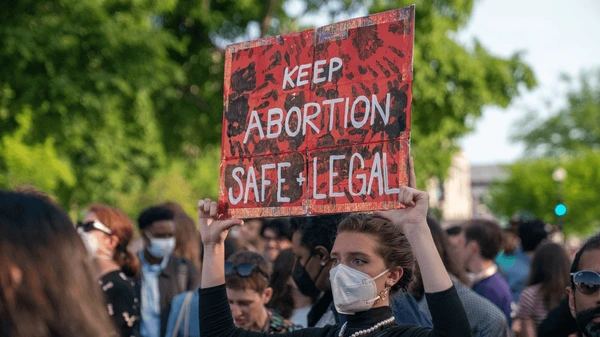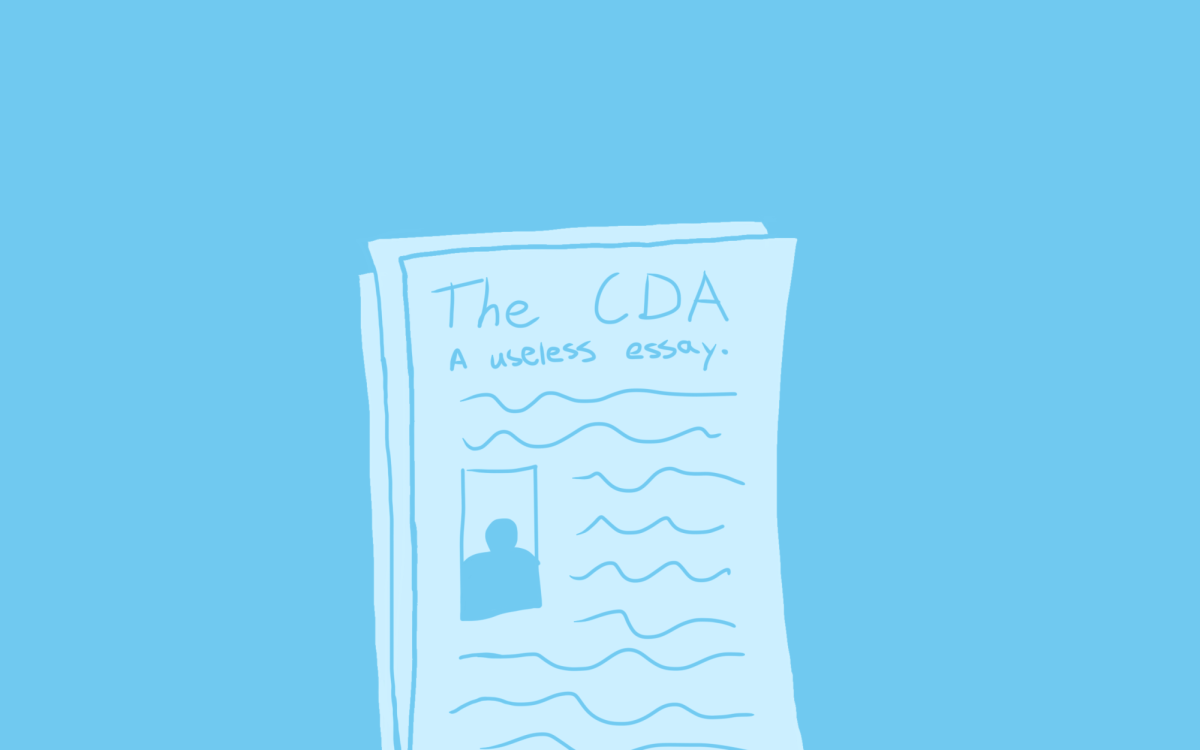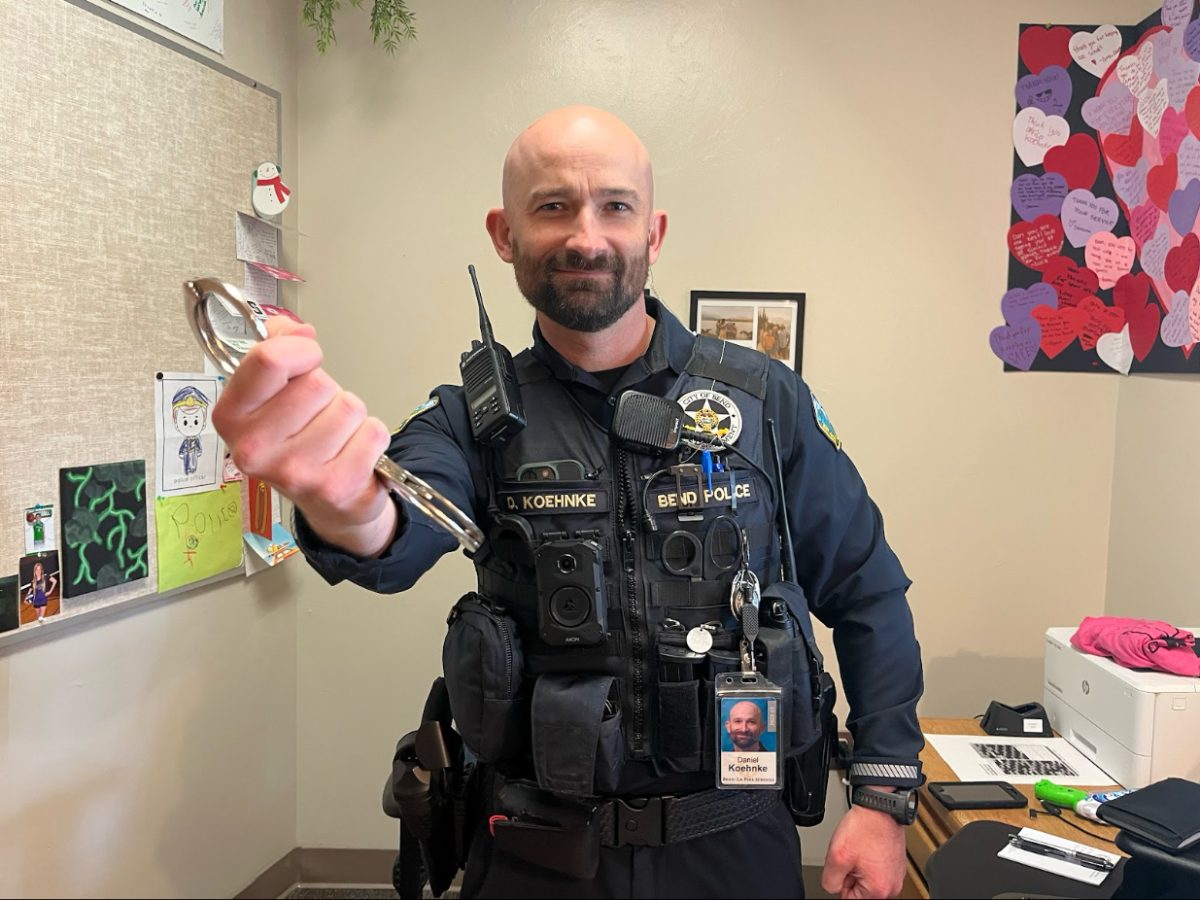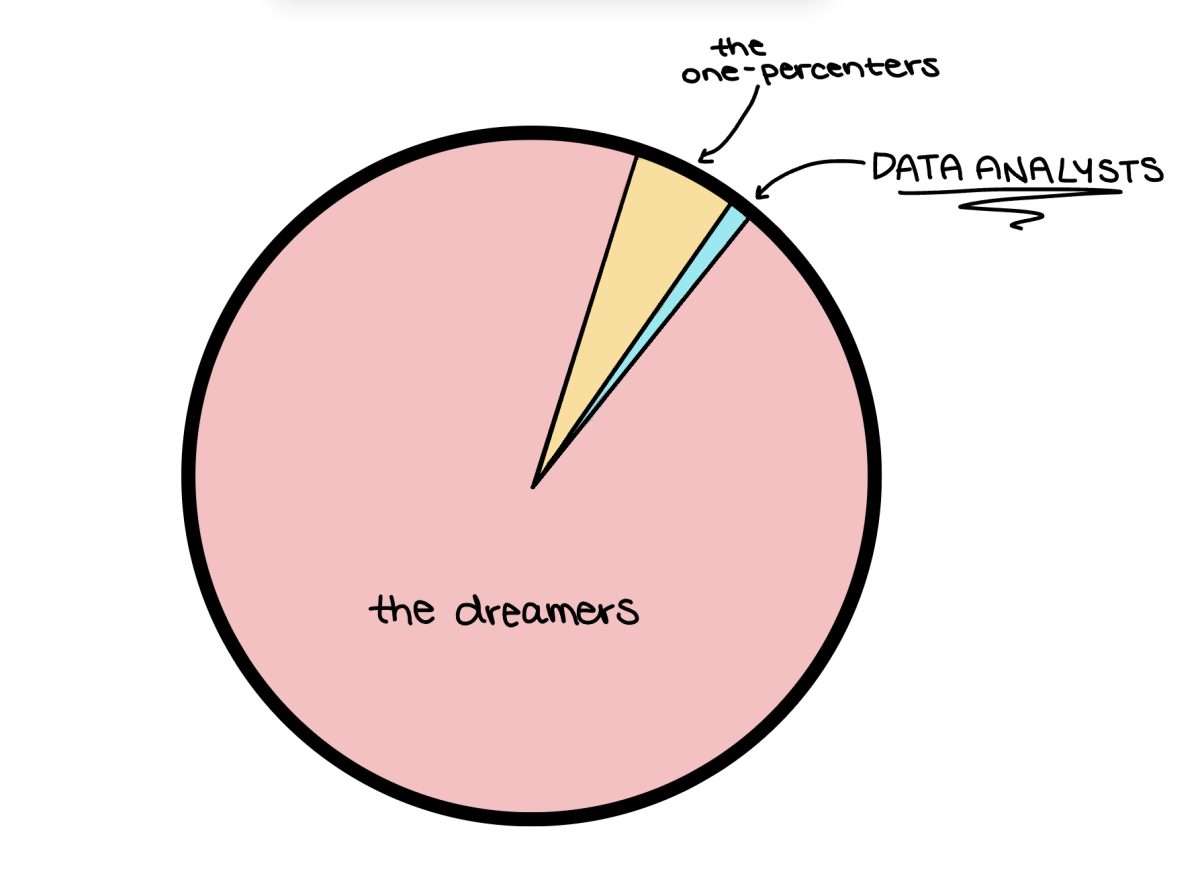For 35 days, phones rang and no one answered. Americans returned from long days of work without a paycheck in hand. Or perhaps, they didn’t have work at all. When the 2018 government shutdown finally ended, millions of Americans had been affected, whether from a lack of pay or services.
On Sep. 30, Congress narrowly evaded a government shutdown, passing a temporary spending bill set to expire Nov. 17. As this deadline draws closer, the prospect of a shutdown resurfaces, and many wonder what exactly a shutdown at the federal level means. More importantly, how could it affect already vulnerable populations within the community?
Arguments over spending cuts and aid to Ukraine were just some of the obstacles politicians have faced over the past months. In September, they grappled with how to fund an increasingly debt-ridden nation in the face of another government shutdown. Yet, no one accepted compromise as an option. Both Democrats and Republicans voted to oust Kevin McCarthy as House Representative on Oct. 3. His removal was destined after McCarthy conceded his party’s far-right demands in order to reach a temporary spending bill. This is one of a growing number of examples where party lines were prioritized over the constituents Congress is elected to represent.
As with most public emergencies, from natural disasters to COVID-19, individuals in a lower income bracket are more likely to be negatively impacted. A report from the Substance Abuse and Mental Health Services Administration cites research showing that in the case of both a tornado in Texas and heat waves throughout the Midwest, individuals of low income or social economic status were more likely to experience injuries or die. Another report from the World Bank found that 26 million people fall below the poverty line each year due exclusively to natural disasters. While the effects may be of a different nature, the same holds true for a government shutdown: a federal closure is an irresponsible negotiation tactic that puts countless Americans at risk.
The premise of a shutdown is simple: no money can be allocated to government functions until Congress agrees on the budget for the next year, causing a stand-still at the federal level. In the case that the government loses funding, two federal programs would be immediately impacted: Impact Aid and Head Start.
The first program, Impact Aid, is a grant system that gives financial assistance to school districts, serving individuals living on land owned by the government, such as low-rent housing, or land removed from the tax rolls, including Native American reservations. Oftentimes, these districts have a smaller budget because there is no federal property tax.
In other words, a government shutdown and the loss of Impact Aid primarily affects schools serving low-income populations—while wealthier school districts would continue on as normal. Funds from Impact Aid are used according to the district’s needs and could therefore have effects on many different aspects of public education, from teacher salaries and textbooks, to after school programs and tutoring.
Most schools receive Title 1 and Individuals with Disabilities Act funding from the government at the beginning of the school year, so some potential issues wouldn’t arise unless a shutdown persisted for an extended period of time. However, many school budgets would still take a hit, as money coming from the Impact Aid program is received at different times.
While Title 1 funding is not threatened by a government shutdown itself, politicians may reduce funding in order to come to an agreement about the spending bill and avoid a federal closure. It is important to note that one of the spending cuts proposed in Congress is an 80% reduction to Title 1 which is an invaluable service that provides assistance to low-income districts.
The second program at risk during a government shutdown is Head Start/Early Head Start, which offers a variety of services, such as counseling and free meals, to young children and families, as well as pregnant women. Since 1965, over 40 million families have participated in the program.
All of the children and families that are served by Head Start meet the federal poverty guidelines, as well as other selection criteria, including having disabilities or experience with domestic violence. In other words, this program serves the neediest of the needy.
In Central Oregon, the Head Start and Early Head Start programs are part of a community-action agency called NeighborImpact. According to Kimberly Brown, the director of the Head Start/Early Head Start programs at this local organization, NeighborImpact is proactive about keeping a healthy cash reserve for situations such as a government shutdown.
“Not all head start programs and Early Head Start programs are with a community- action agency like we are… other stand alone programs that don’t have that cushion from the community action around them would be much more severely impacted,” said Brown.
In addition to various programs, all federal workers deemed “nonessential” are furloughed—temporarily suspended—in the case of a government shutdown. Workers who are determined to be “essential” will continue working without pay.
Essential and furloughed workers receive owed pay once the government reopens, but a temporary lapse in a paycheck can be catastrophic for many. Federal workers like clerks, secretaries, cooks and custodians make far below minimum wage, making them more likely to be harmed by delayed pay. During the 2013 government shutdown, a New York Times investigation found that nearly two thirds of government employees had less than two weeks of financial cushion. 18% didn’t have enough money to last one day without their paycheck.
Meanwhile, the members of Congress, tucked up on Capitol Hill, continue to receive their paychecks, as they’re technically paid by the Treasury of the United States, not the government.




















































